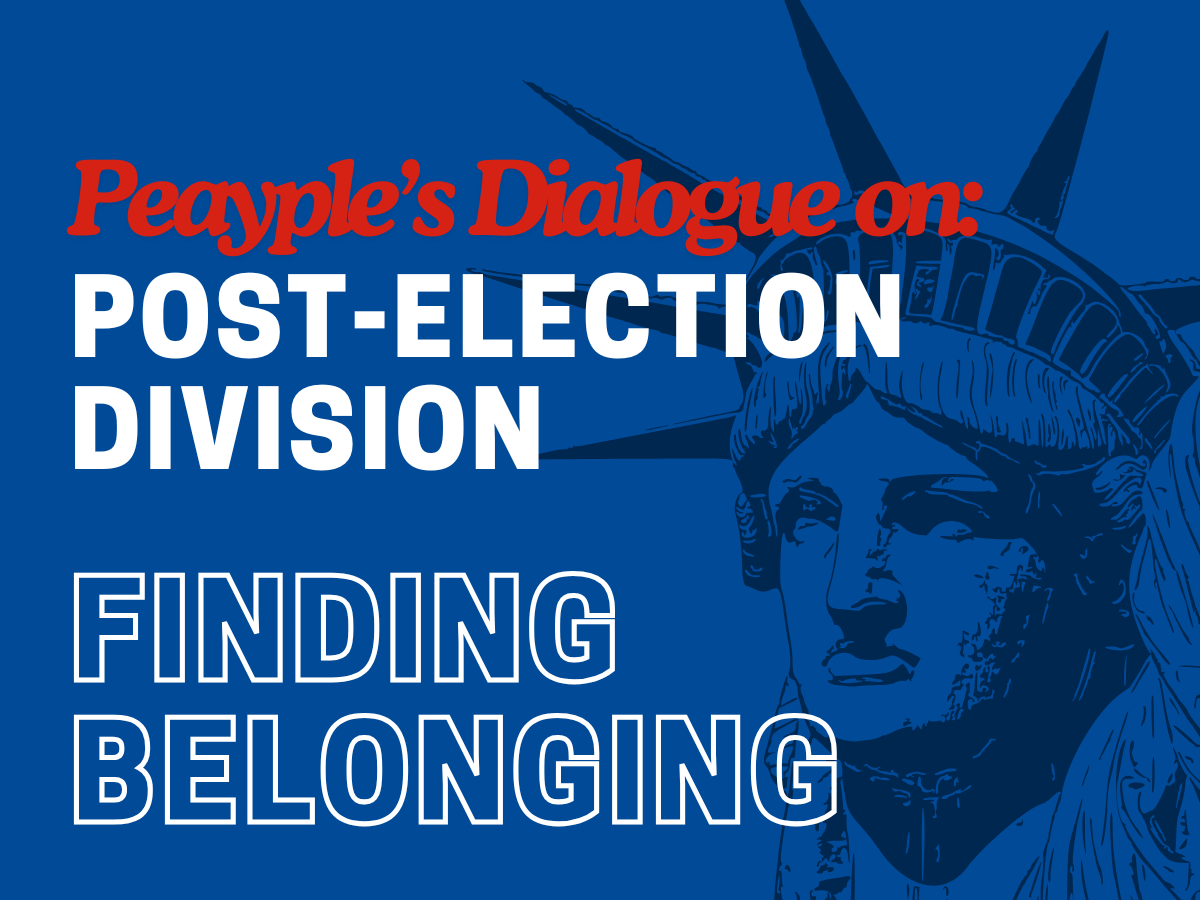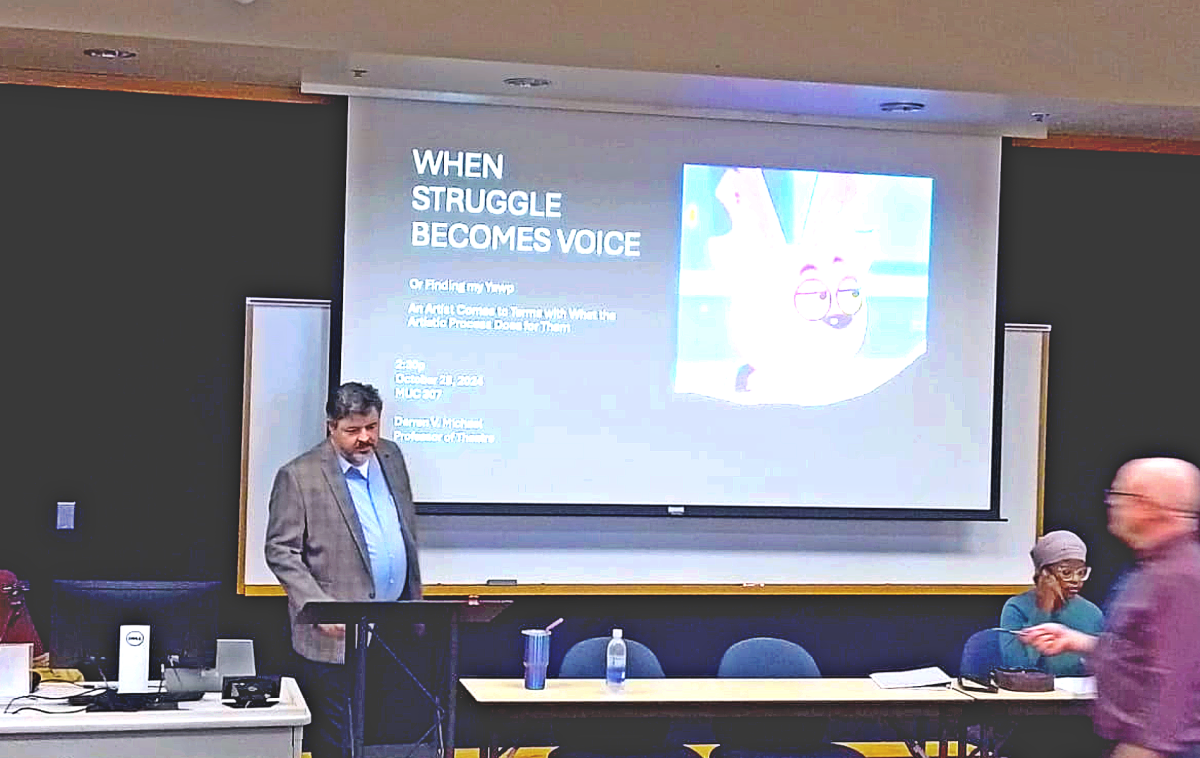“Birdman,” or “The Unexpected Virtue of Ignorance,” directed by Alejandro González Iñárritu, is a compelling drama-comedy that explores the phenomenon of actors being known for one role and their struggle to conquer it.
Iñárritu chose Michael Keaton to star as Riggan Thomson, an appropriate fit since Keaton has been professionally in the shade of his role as Batman since 1989. Thomson is in the process of directing and acting in a play adaption of a short story. The film follows the many problems that arise in the making of the play.
“Birdman” has been nominated for seven Golden Globe Awards and nine Academy Awards. So far, Keaton has won a Golden Globe for Best Actor and the cast won Outstanding Cast in a Motion Picture at the Screen Actors Guild Awards.
Throughout the film, Thomson is haunted by Birdman, a rough and curt voice telling him he is not good enough. Thomson also has the power of telekinesis, although the audience is left wondering whether this aspect of the film is real or in Thomson’s imagination.
The film features Zach Galifianakis as producer Jake, and Galifianakis has an unusually serious performance. Jake advises and talks down Thomson when he is especially up in arms about the play.
Emma Stone plays Sam Thomson, Thomson’s daughter and assistant who is recovering from drug and alcohol abuse. Sam struggles with supporting her father throughout the film.
“You are not doing this for the sake of art; you are doing this because you want to feel relevant again,” Sam said in an argument with Thomson.
Stone’s performance in her monologue on relevance is one of the strongest points of the film. “You’re scared to death, like the rest of us, that you don’t matter,” Sam vents. “And you know what? … You don’t.”
One of the most fascinating aspects of the film is its cinematography. The film is shot as if it is in one long take. The camera follows the actors as they move from room to room or around the set.
The mood produced by this tactic is slightly disturbing and gives off an almost informal quality. The camera slowly moves down a cramped hallway as soft drumming plays in the background. Tensions run high. The camera pans and then shows someone drumming in a spare room.
This break in the boundaries of moviemaking is common throughout the film, from the reoccurring, ominous presence of Birdman to Thomson’s ability to move objects with his mind. The tone of the film is at points completely surreal and gives life to Thompson’s neuroses about his self-worth.
The play “What We Talk About When We Talk About Love” is Thomson’s last shot at being recognized as a talented artist. So much is riding on this endeavor for him that he puts all he has into his performance.
The ending takes flight.














